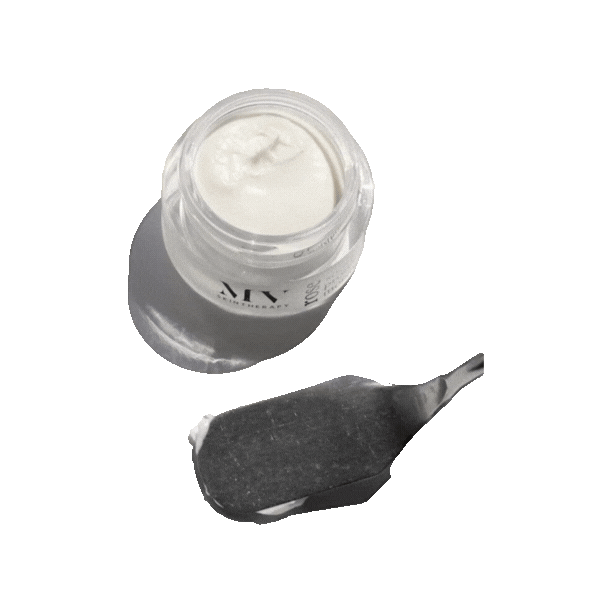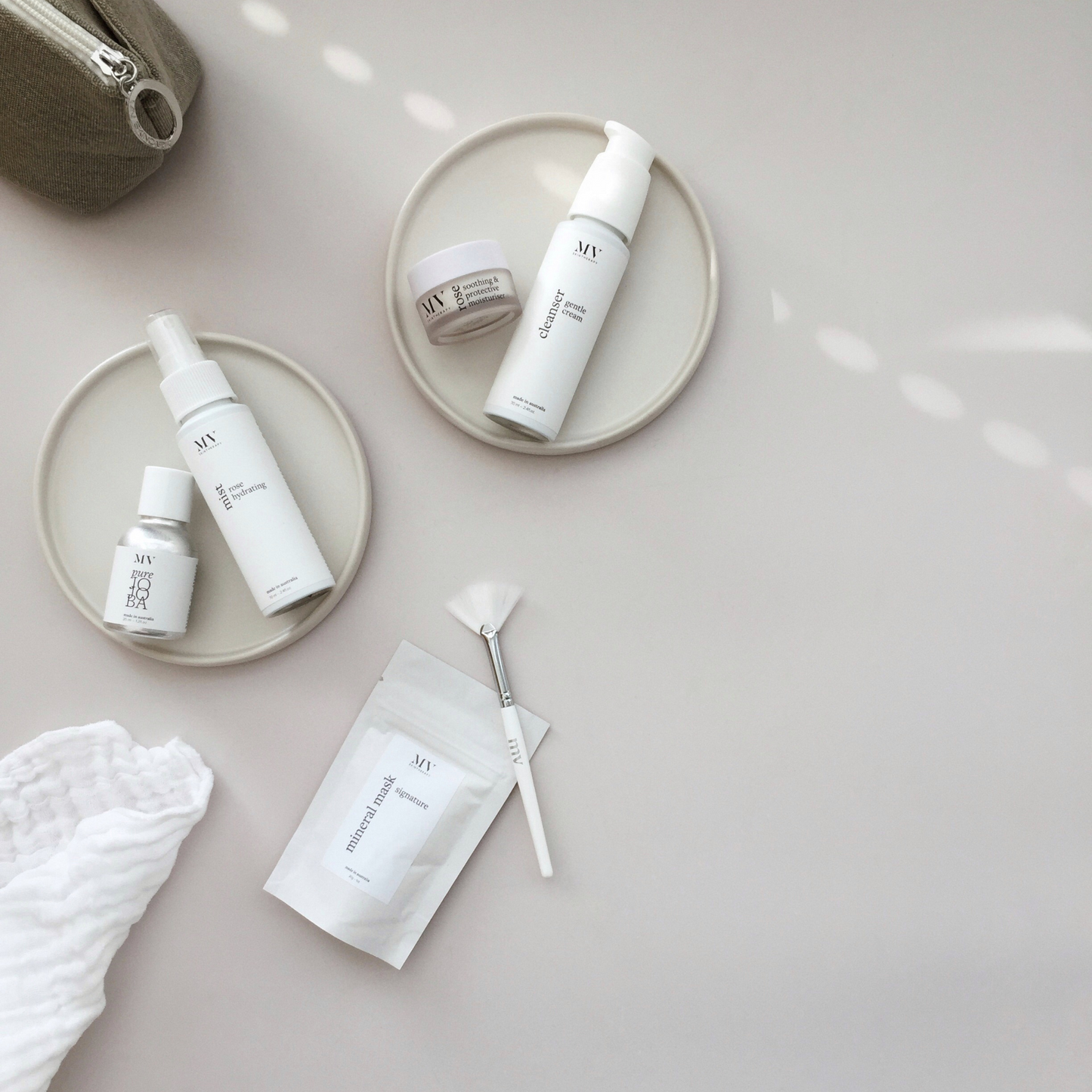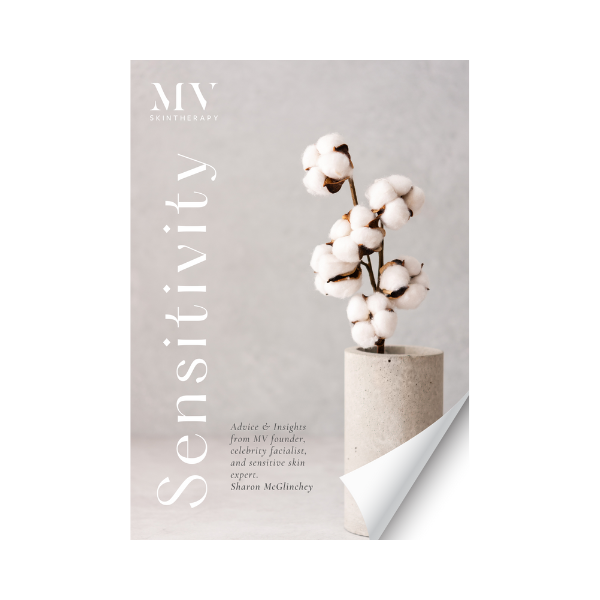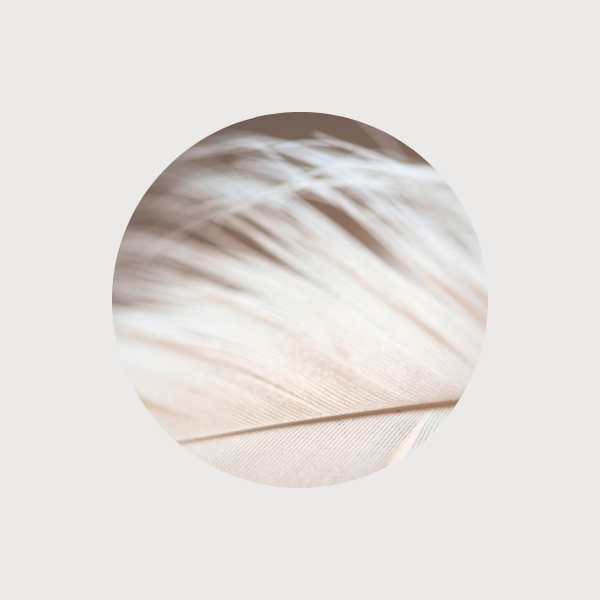
The #1 Most Common Misconception About Sensitive Skin
Many people come to me with concerns about their ‘sensitive’ skin, seeking treatments when commercial skincare has failed. In some cases, these people do have highly sensitive, fragile skin; in many more cases, their skin has become sensitised through external factors.
These words are so similar, but there’s a world of difference between sensitive and sensitised skin in their causes and treatment.
Read on to discover which skin you’re in!

Sensitive Skin
While sensitive skin can often have a hereditary component, it can also be caused by health conditions or the medication you take. Sensitive skin is fragile and can have quite a fine, dry, and patchy texture. It often also features high colour and broken capillaries and is easily irritated by even the simplest things. Many people believe they have sensitive skin, when they don’t! More often, our client’s skin is in fact sensitised. And it’s not just our clients - studies suggest that some 70% of women believe they have sensitive skin, though only a portion of these women will bear the genetic hallmarks of true sensitive skin. These are often people with very fair skin of Northern European ancestry.

Sensitised Skin
Sensitive and sensitised skin share the same list of symptoms including redness, irritation, and dryness but their causes are fundamentally different. Sensitised skin is caused by environmental or man-made factors. Regardless of genetics, sensitised skin can be triggered in anyone through exposure to irritants like exfoliating scrubs, chemical peels, daily abrasive washing, microdermabrasion, pollution or cosmetic ingredients like alcohol, fragrance and artificial colouring. It’s ironic that highly sensitised skin often results from a strong desire to care for and treat the skin as thoroughly as possible, which backfires when harsh, skin-stripping products are employed in the place of gentle, natural products like our own range.
Avoid splashing your face with water or fully immersing your face while in the shower and instead, discover the art of MV compress cleansing, to gently and effectively instil nurturing calm on your complexion.

Shared Symptoms Include
・Blotchiness
・Thin skin texture which appears to be translucent
・Uncomfortable feeling of tightness
・Flaking, peeling, or cracking
・Tiny rash-like bumps or breakouts not related to acne
・Flushing, itching, or burning
Common Risks & Aggravating Factors
Do any of these apply to you?
Explore these 3 categories to discover ways to understand and better manage your sensitive and sensitised skin.
Sensitive Skin is Barrier-Impaired Skin
Whether your skin condition classifies as sensitive or sensitised, the underlying factor is that the outer most layer of the skin (the lipid bi-layer) is impaired through damage (whether acute or chronic) and the integrity of this protective shield has now has been left compromised.
This layer is essential for human health. It houses the diverse skin microbiome, defends the skin against UV damage, environmental aggressors, bacteria and pathogens, as well as preventing trans-epidermal water loss - that is, retaining moisture IN the skin.
ALL sensitive/sensitised skin conditions have an impaired barrier. This means they are highly vulnerable to absorbing topical toxins and irritants, and will generally be more reactive and prone to inflammation.
How To Treat Sensitive Skin Conditions
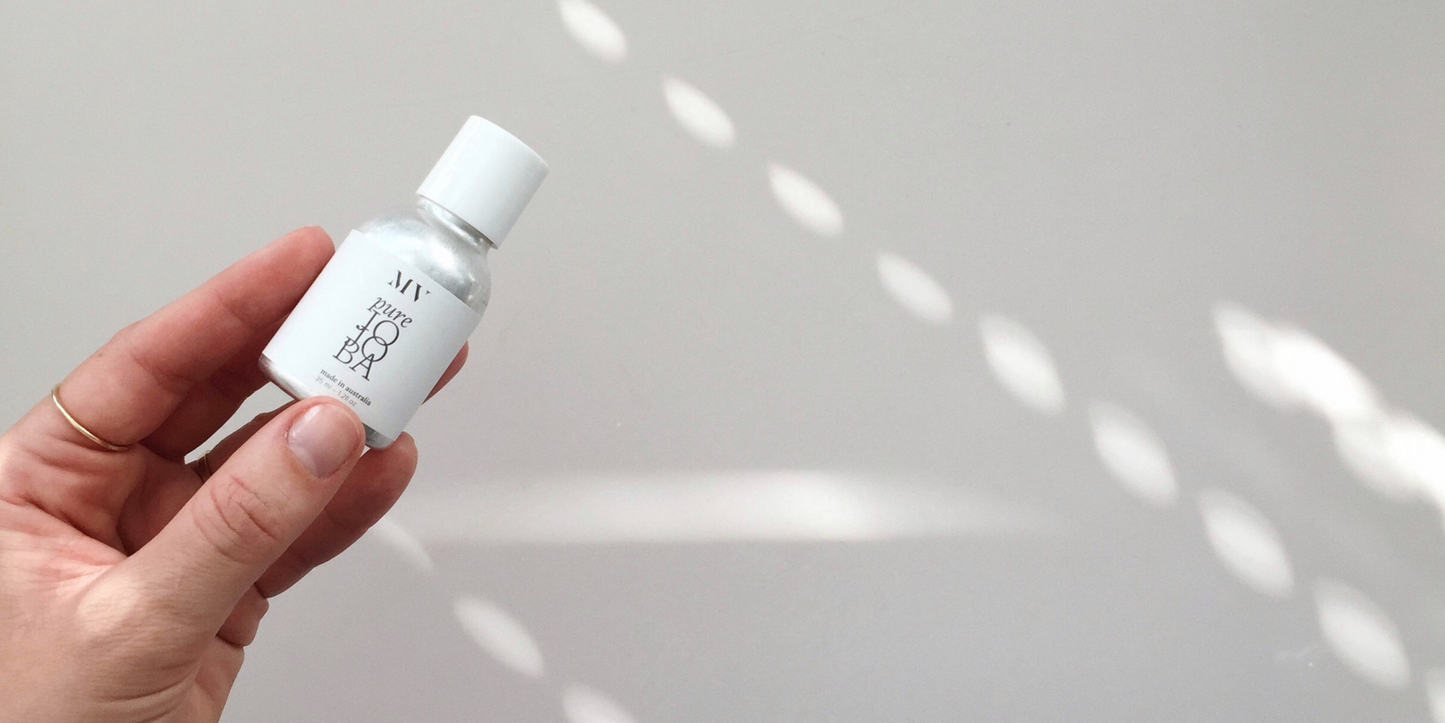
Less Is More
Begin by avoiding the individual triggers that irritate your skin. Reduce the product load on your skin – especially harsh products – sensitive skin types are prone to reacting badly to ingredients including synthetic acids, fragrance, fillers and preservatives.
Simplify your skincare routine and pay more attention to how your skin reacts to each individual product.
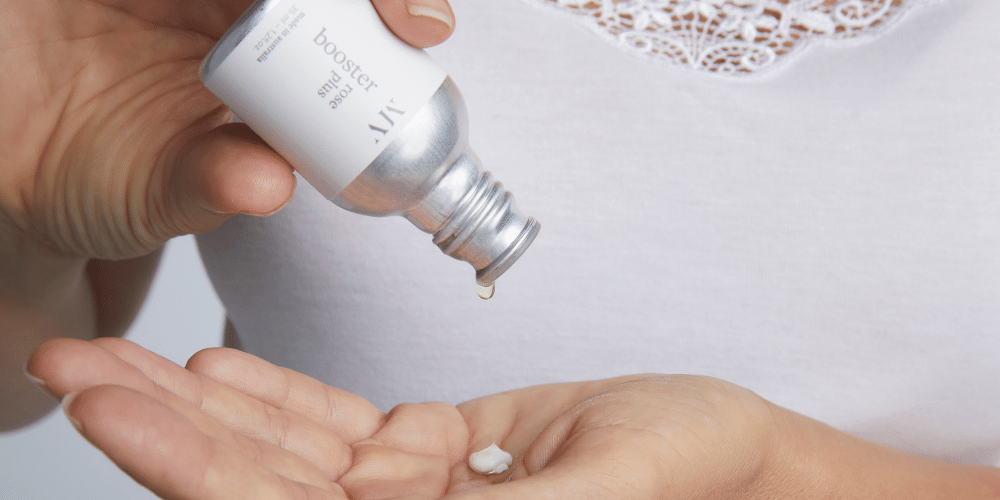
Repair & Restore
Research shows that certain plant oils can help replenish the skin barrier and protect the integrity of the skin. High-quality and therapeutic grade plant oils provide a rich source of phytocompounds that elicit antioxidant, anti-inflammatory, regenerative, and collagen stimulating effects.
MV also utilises the mineral-rich diversity of therapeutic grade clay to strengthen and de-sensitise a reactive skin barrier.




